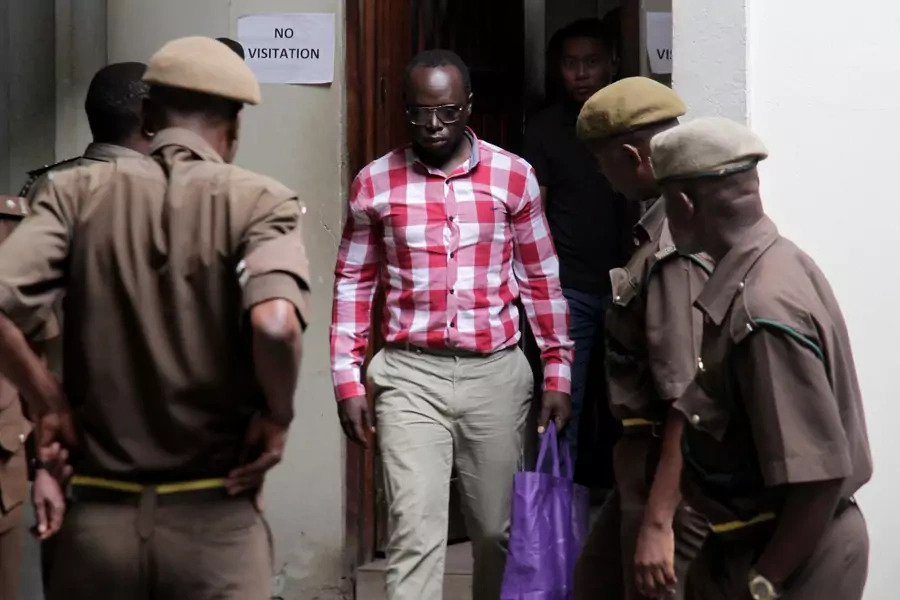Tanzania, Where Magufuli Is Waging a War on Democracy

Jeffrey Smith is the founding director of Vanguard Africa, a nonprofit organization that partners with African leaders to advocate for free and fair elections and ethical leadership.
On November 7, a Magistrates Court in Tanzania postponed for the seventh time the case of journalist Erick Kabendera, who has voiced criticism of the country’s president, John Pombe Magufuli. After initially being violently abducted from his home and later investigated over his citizenship status, Mr. Kabendera is now facing a host of economic charges, including “assisting an organized crime racket” and money laundering.
More on:
The multiple court postponements are the ostensible result of still “incomplete investigations” on the part of the government, as no evidence has yet been produced by prosecuting authorities. Independent lawyers, human rights groups, and press freedom organizations have rightly labeled this for what it truly is: a politically motivated show trial meant only to instill fear in would-be critics and dissidents in Tanzania. During the four-year tenure of President Magufuli, the country has moved toward full-on authoritarianism.
Since taking power following a deeply flawed election in 2015, President Magufuli and his regime have ruthlessly clamped down on the country’s media fraternity, with harassment, intimidation, arrests, and even disappearances becoming commonplace. Perhaps the most troubling example is that of investigative journalist Azory Gwanda, who this month will have been missing for two years. Draconian cybercrime laws and the effective silencing of critical newspapers and independent bloggers have led to a further deterioration of the country’s media landscape ahead of next year’s scheduled elections, according to reports by Human Rights Watch and Amnesty International, respectively.
But President Magufuli’s disregard for the basic tenets of democracy reaches well beyond the media sphere. By means of legislation, and often through extra-legal means, the regime has sought to muzzle independent voices, particularly those of the political opposition, but also members of civil society, the business community, and organized religion.
Almost invariably, critics of the Magufuli regime have been charged with non-bailable economic offenses, such as money laundering, tax evasion, or corruption. In many of these cases, assets and bank accounts have been seized or emptied without a court order. In an alarming number of instances, the government has failed to present evidence in court, resorting instead to perpetual adjournment on grounds of “incomplete investigations,” such as in the case of Mr. Kabendera. This strategy of “persecution by prosecution” is indeed a hallmark of modern dictatorships; Zimbabwe is a prime example. It often fails to garner the global attention and condemnation that baton-wielding security forces otherwise would.
The cumulative effect of Magufuli’s war on democratic freedoms has hurt Tanzania’s economy. Hundreds of vital businesses have closed down or scaled back their operations. By all independent accounts, economic growth has declined, unemployment is higher and economic hardships have worsened.
More on:
The reality of Magafuli’s authoritarian turn should be acknowledged and properly addressed. Tanzania’s main development partners, including the United States, should stand up and speak out, putting the government on notice that further repression is unacceptable. This is an especially crucial juncture for Tanzania, as the country is once again barreling toward an election. In addition, Magufuli seems to be exploring the option of staying in power beyond his constitutional mandate.
Less than a year from today, Tanzanians will queue to vote in a general election. If needed reforms remain ignored, and if patriotic, independent voices like Erick Kabendera remain captive, the hopes of anything resembling a free and fair election will remain an illusion. This outcome would have wide-ranging ramifications, not only for the future of Tanzania, but also for the region—one that is desperately in need of a democratic champion.
 Online Store
Online Store